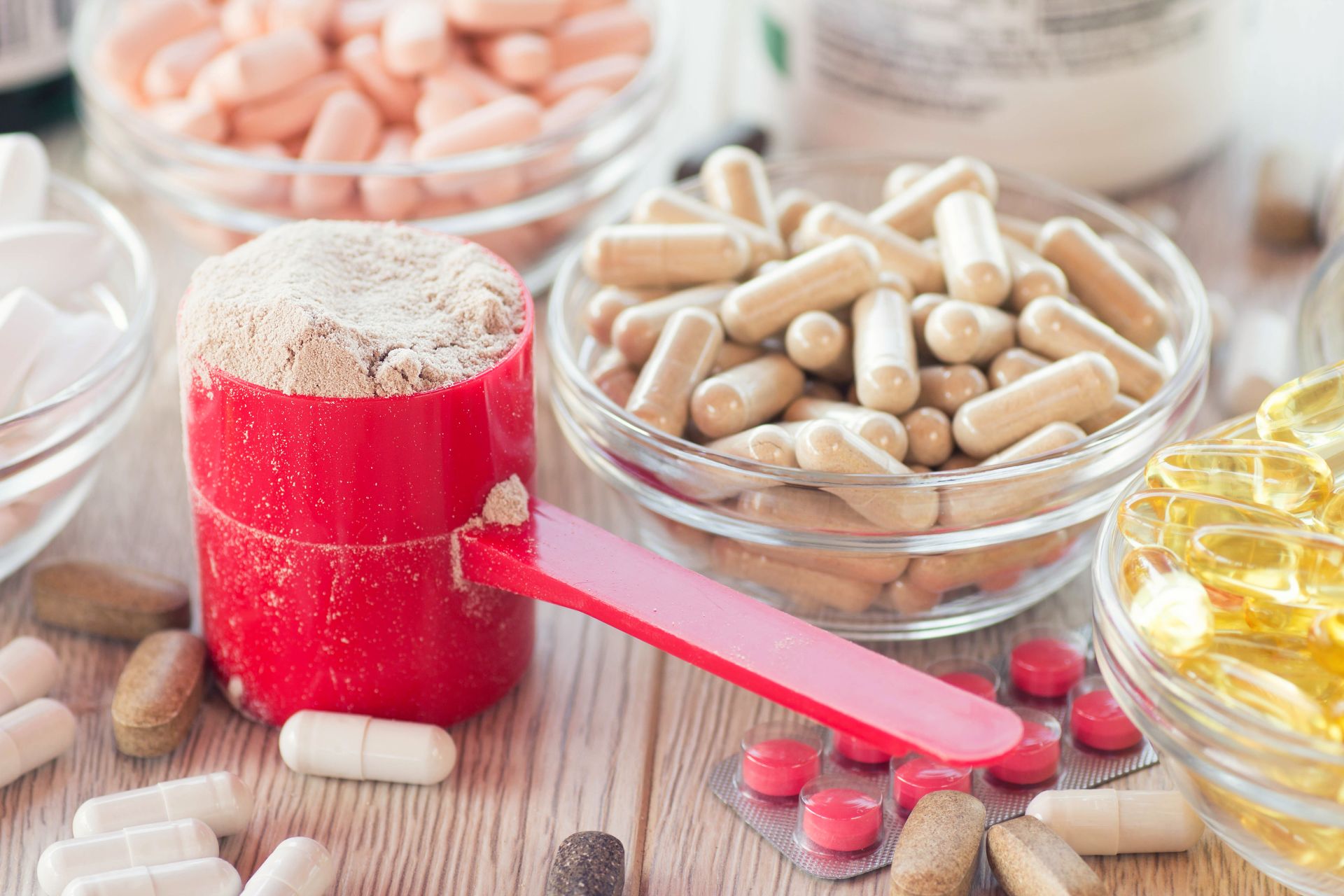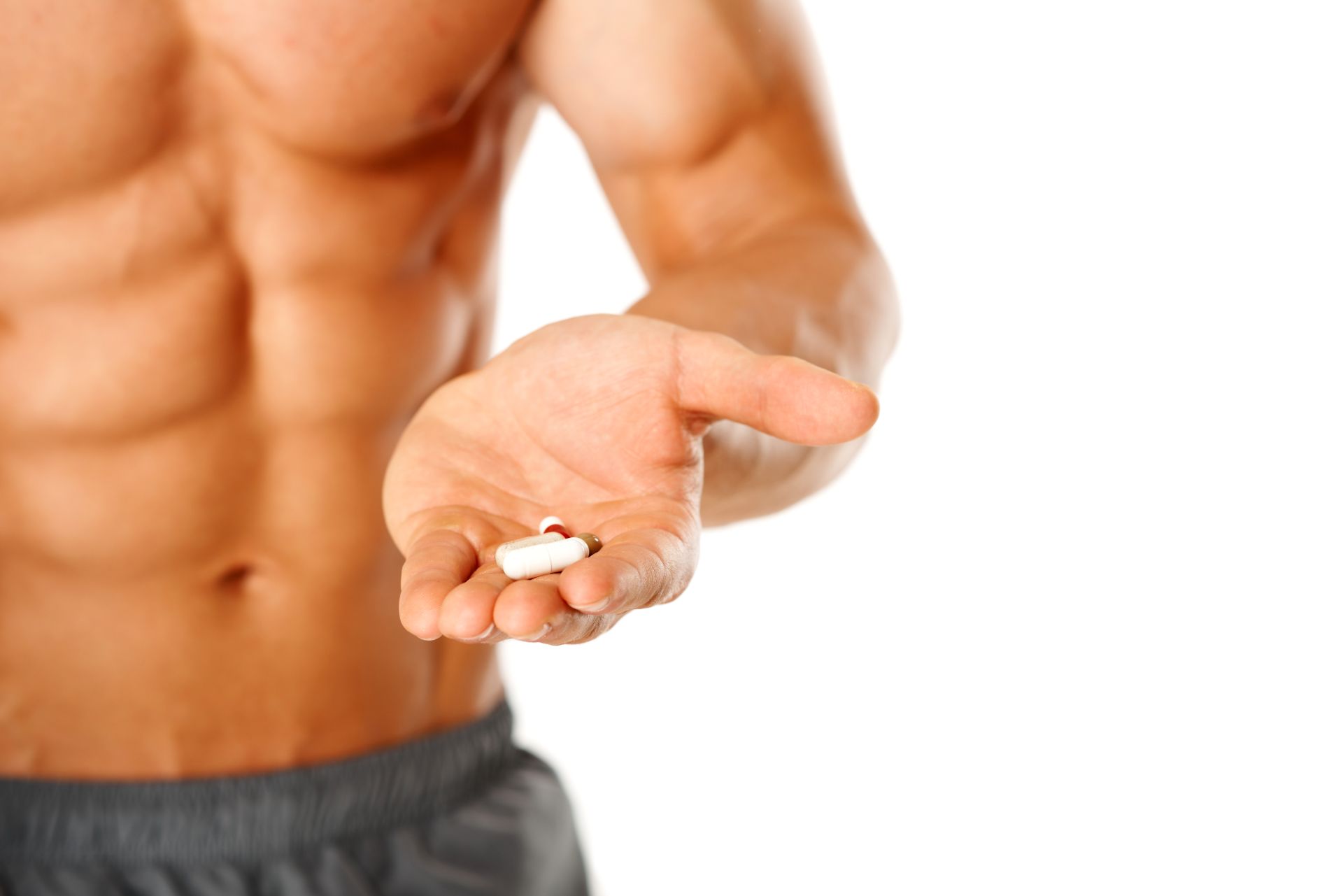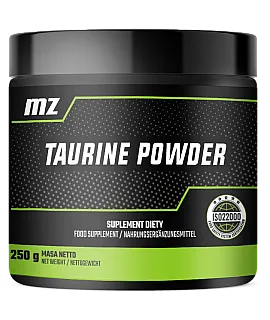Beta alanine - a hammer for fatigue

Beta-alanine is one of the most widely used dietary supplements among professional and amateur athletes. It is on a very narrow list of recommended dietary supplements for athletes to improve physical performance by the International Olympic Committee, as well as the Australian Institute of Sport. Let's find out what beta-alanine is and its benefits for athletes.
- What is beta-alanine?
- For what purpose is beta-alanine worth taking?
- Beta-alanine - what benefits does it provide and in whom will it work?
- Beta-alanine - how to dose?
- What to combine beta-alanine with?
- Is beta-alanine safe for health?
What is beta-alanine?
Beta-alanine is a chemical compound included in the group of endogenous amino acids, which can be produced in the human body, mainly in the liver. In addition, beta-alanine naturally occurs in foods of animal origin, such as lamb, beef, pork, chicken, turkey, tuna and rainbow trout. Once ingested, beta-alanine combines with another amino acid, histidine, in skeletal muscle and other organs (especially the heart and brain) to form a compound called carnosine. Carnosine exhibits a wide spectrum of physiological activity in the human body, including: improving the strength of skeletal muscle contraction, neutralizing the harmful effects of reactive oxygen species, reducing the development of inflammation and oxidative stress, improving glucose tolerance and tissue sensitivity to insulin, and reducing the accumulation of lactic acid in muscle.
For what purpose is beta-alanine worth taking?
Beta-alanine is recommended in athletes due to the fact that oral intake of carnosine is inefficient, and the low availability of beta-alanine is a limiting factor for carnosine synthesis in skeletal muscle. Beta-alanine supplementation leads to a significant increase in the concentration of carnosine in skeletal muscle, thus increasing the buffering capacity of hydrogen ions in muscle and reducing the accumulation of lactic acid. As a result, beta-alanine delays fatigue and improves the performance of high-intensity exercise. Studies have shown that beta-alanine supplementation at a dose of 4.0 to 6.4 g per day contributes to an increase in intramuscular carnosine stores by 64% after just 4 weeks and by as much as 80% after 10 weeks of use.
Beta-alanine - what benefits does it provide and in whom will it work?
Beta-alanine improves exercise capacity (e.g. improves cycling time over a certain distance), increases training volume (e.g. increases the number of repetitions that can be performed in a given exercise during training) and improves muscle strength. The professional literature reports that beta-alanine supplementation contributes to improved exercise capacity during high-intensity exercise, and especially those that last between 30 seconds and 10 minutes. This means that athletes training in the following sports will benefit the most from beta-alanine supplementation:
-
Bodybuilding,
-
CrossFit,
-
Combat sports,
-
Short-distance running (up to 1,500 meters),
-
Short-distance track cycling (up to 4000 m),
-
Swimming over a distance of up to 400 m,
-
Rowing over a distance of up to 3,000 m,
-
Soccer,
-
Handball,
-
Volleyball,
-
Basketball,
-
Ice hockey,
-
Tennis,
-
Table tennis,
-
Badminton,
-
Squash.

Beta-alanine - how to dose?
Beta-alanine is an effective way to increase resistance to fatigue and improve exercise performance in both competitive and recreational athletes when used correctly. The following dosage of beta-alanine is recommended to increase the concentration of carnosine in skeletal muscle:
- 3.2 g per day for a minimum of 8 weeks,
- 6.4 per day for a minimum of 4 weeks.
The recommended daily dose of beta-alanine should be divided into 3-4 equal portions (e.g., 800-1600 mg each) and consumed each time right after eating a meal, every 3-4 hours. Dividing the daily dose of beta-alanine into several smaller servings throughout the day helps to negate the risk of paresthesia, which is a harmless, yet unpleasant for many people, sensation of tingling, numbness or prickling, especially around the hands. Although it is indicated that trained individuals with a long training history may benefit less from beta-alanine supplementation, it can still be cost-effective for competitive athletes, as even small benefits can have a significant impact on athletic performance.
What to combine beta-alanine with?
There are two dietary supplements with which beta-alanine is worth combining. The first is sodium bicarbonate, or the popular baking soda. This is because, as it turns out, simultaneous supplementation with beta-alanine and sodium bicarbonate can lead to an increase in both the intracellular and extracellular buffering capacity of muscles, with the positive consequences of increasing resistance to fatigue, reducing the acidification of muscle cells by the lactic acid formed and improving athletic performance. The second dietary supplement with which it is recommended to combine beta-alanine is creatine monohydrate. Simultaneous supplementation with beta-alanine and creatine monohydrate has been shown to increase power, strength and muscular endurance, as well as improve body composition and reduce muscle fatigue.
Is beta-alanine safe for health?
Beta-alanine taken orally at recommended doses (3.2 to 6.4 grams per day) for up to 6 months is perfectly safe for human health. The only reported side effect of beta-alanine supplementation in the studies conducted so far has been paresthesias, i.e. a characteristic tingling sensation, which usually passes quite quickly and has no negative effect on the human body. Note that beta-alanine in doses above 1,000 mg carries a higher risk of tingling. In addition to dividing the daily dose of beta-alanine into several smaller servings throughout the day, paresthesias can be effectively managed by choosing a slow-release formulation.
Sources:
-
Maughan R.J., Burke L.M., Dvorak J., et al: IOC consensus statement: dietary supplements and the high-performance athlete. Br J Sports Med. 2018 Apr; 52(7): 439-455.
-
Hobson R.M., Saunders B., Ball G., et al: Effects of β-alanine supplementation on exercise performance: a meta-analysis. Amino Acids. 2012 Jul; 43(1): 25-37.
-
Trexler E.T., Smith-Ryan A.E., Stout J.R., et al: International society of sports nutrition position stand: Beta-Alanine. J Int Soc Sports Nutr. 2015; 12: 30.
-
Saunders B., Elliott-Sale K., Artioli G.G., et al: β-alanine supplementation to improve exercise capacity and performance: a systematic review and meta-analysis. Br J Sports Med. 2017 Apr;51(8):658-669.
-
Grgic J.: Effects of beta-alanine supplementation on Yo-Yo test performance: A meta-analysis. Clin Nutr ESPEN. 2021 Jun;43:158-162.
-
Ashtary-Larky D, Bagheri R, Ghanavati M, et al: Effects of beta-alanine supplementation on body composition: a GRADE-assessed systematic review and meta-analysis. J Int Soc Sports Nutr. 2022 May 31;19(1):196-218.
 ⮜ Previous article
⮜ Previous article
Best supplements for recovery
 Next article ⮞
Next article ⮞
